By Dr. Sein Myint.
Burma experts and observers predict that both incoming Obama-Biden administration and democrat-controlled congress are likely to maintain current Burma policies in general, based upon the candidates’ past statements/comments, and bipartisan supports given to Burma resolutions in congress. Thus, the democracy campaigners and lobbyists for Burma residing in Washington will still have easy access to sympathetic ears in both White House as well as in the congress.
Many exile Burmese democratic oppositions and activists had expressed their appreciations to current President Bush and particularly, the First Lady Laura Bush for their high profile support for Burma, and particularly calling for the release of its pro-democracy leader, Aung San Suu Kyi. And their staged visit made to Thailand meeting with pro-democracy activists residing along border areas, on their way to Beijing 2008 Summer Olympics.
Recently released prominent Burmese opposition leader, U Win Tin, urged the President-elect Obama to extend his ‘change’ mantra to his impoverished country, help pressure the current military government to honor the results of 1990 elections that his party had won in landslide.
And further on, he also cautioned the incoming US administration not to make compromise with current military leaders, and asked for continuation of current economic sanctions and proactive pressures on Burma. However, the effectiveness of such sanctions had been a long running debate between pro-sanction democratic activists and pro-engagement lobbyists of both Burmese and expatriates alike.
Although Burma issue will not be listed as top of priority for incoming Obama administration foreign policy, nevertheless, it will get proper attention due to its high moral ground on democratic principles stated in his first election victory speech.
Hence, Burma will still be under the administration’s foreign policy radar screen, with the help of DC based Burma campaigners and lobbyists pushing the same old strategies that so far have failed to produce any positive results of either to remove the regime from the power or pressu- -red them to engage with democratic oppositions for genuine national reconciliation process.
What remains to be seen is, whether the new US administration would follow current Burma policy labeled as ‘an old wine in the new bottle’ or pursue alternative policies be marked as ‘a new wine in a new bottle’?
(Dr. Sein Myint serves as the director of Policy Development of Justice for Human Rights in Burma, Maryland, USA. He is a Honorary Member of Amnesty International Chapter 22, in Capitol Hill, Washington D.C., USA.)



























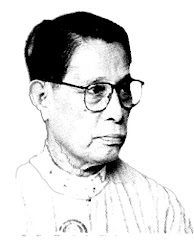


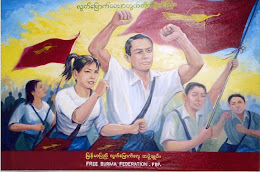





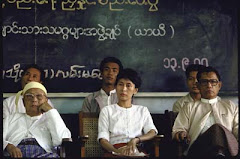

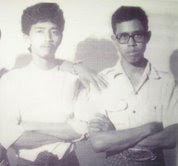

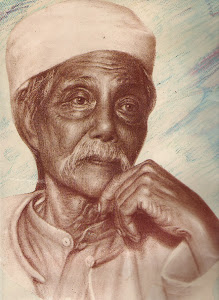
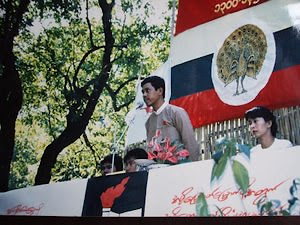
No comments :
Post a Comment